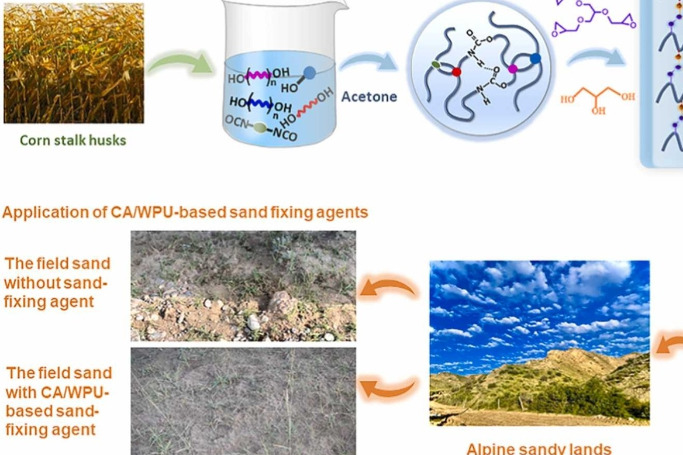Radical Cancer Treatment
Chinese scientists turn tumours into ‘pork’ in radical cancer treatment
Their pioneering study, published in the journal Cell on January 18, uses a genetically modified virus to “disguise” cancer cells as foreign pig tissue, sparking a hyperacute immune rejection response that attacks the tumours while leaving healthy cells untouched.
Early clinical trials report staggering success: 90 per cent of patients with advanced, treatment-resistant cancers – such as liver, ovarian and lung – achieved halted tumour growth or shrinkage, with one cervical cancer patient declared clinically cured.
The study, led by Professor Zhao Yongxiang, director of the State Key Laboratory of Targeting Oncology, Guangxi Medical University, is now trending on China’s social media.
Hyperacute inflammatory response is a severe adverse reaction that can result in an inflammatory storm within the body, ultimately leading to transplant failure. As an immunologist and surgeon, Zhao wondered if there was a way to harness this immune response and direct it instead to attack tumours.
After infecting the tumour cells, the virus induced the specific expression of the xenogeneic antigen on the surface of the tumour, which in turn triggered the hyperacute immune rejection response.
The team began with a series of trials on animal subjects.
Monkeys with liver cancer that received intravenous NDV-GT treatment had an average of more than six months’ survival, compared with control groups of monkeys, which had only four months.
Three months after stopping treatment, the researchers found that all the tumours had completely disappeared in the treatment group. All monkeys in the treatment group also survived for a long time.
Cancer researchers have been intrigued by the unusual approach.
After the animal trials, Zhao and his team moved on to human patients.
They recruited a total of 23 patients with advanced, drug-resistant tumours who had been deemed untreatable, and gave them weekly intravenous and intraperitoneal infusions for eight to 12 weeks.
By the time the paper was submitted in February 2024, she had survived more than 36 months, significantly longer than other patients with advanced metastatic cervical cancer.
At the end of the clinical trial, of the 20 evaluable patients, 18 showed no tumour growth after treatment.
There were only a few adverse events from the NDV-GT therapy. Researchers showed through PCR testing that the virus persisted in the blood on the seventh day after each infusion, indicating good therapeutic durability.
“Currently, phase 2 to 3 clinical trials for diverse malignancies are under application, marking progress in NDV-GT’s clinical development by evaluating efficacy and safety,” Zhao said. “It could be an anti-tumour drug with significant clinical translation potential for advanced cancer patients.”
We are thrilled to extend a warm welcome to the
China Scientist Awards!
Join us for the China Scientist Awards, a premier event in the realm of research. Whether you're joining virtually from anywhere in the world, this is your invitation to explore and innovate in the field of research. Become part of a global community of researchers, scientists, and professionals passionate about advancing research.
visit: chinascientist.net
Nomination Link: https://chinascientist.net/award-nomination/?ecategory=Awards&rcategory=Awardee
Registration Link:https://chinascientist.net/award-registration/
For inquiries, contact us at contact@chinascientist.net-------------------------------------Other website:
Nomination Link: https://chinascientist.net/award-nomination/?ecategory=Awards&rcategory=Awardee
Registration Link:https://chinascientist.net/award-registration/
For inquiries, contact us at contact@chinascientist.net




Comments
Post a Comment